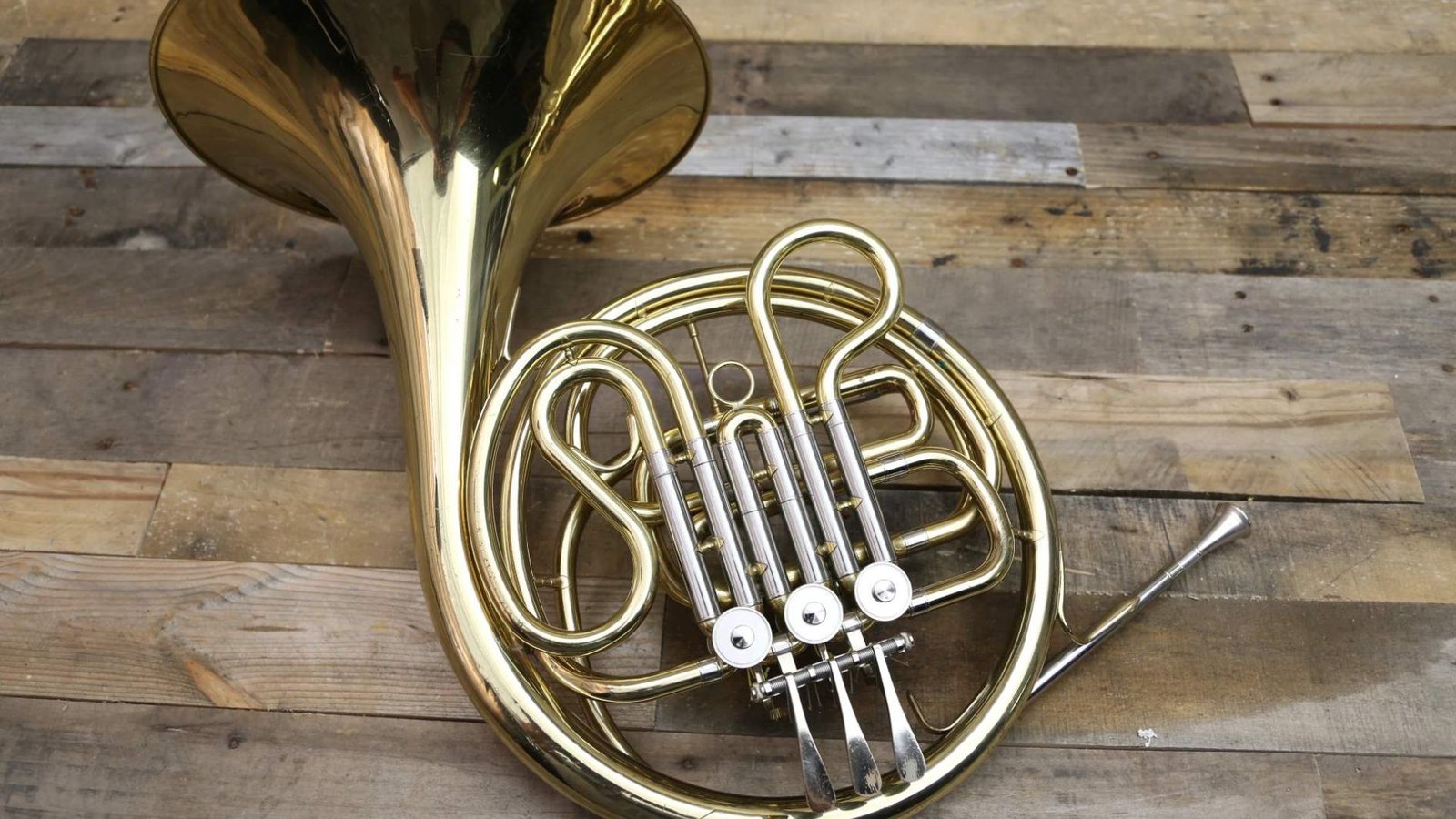|
Getting your Trinity Audio player ready...
|
France has a rich musical heritage, spanning classical, folk, and contemporary genres. Let’s dive into some fascinating facts about French music that will leave you tapping your feet and humming along!

Fun Facts about French Music
Classical Influences
French classical music has long been celebrated for its rich tradition and remarkable composers. Among the most illustrious figures in this esteemed lineage are Claude Debussy, Maurice Ravel, and Camille Saint-Saëns. Their compositions stand as epitomes of creativity and innovation, enchanting audiences worldwide with their timeless beauty and elegance. Debussy, with his groundbreaking impressionistic style, crafted pieces like “Clair de Lune,” a mesmerizing piano suite that evokes the tranquility of moonlit nights.
Ravel, renowned for his meticulous craftsmanship, gifted the world with masterpieces like “Boléro,” an orchestral marvel that builds in intensity with each repeating motif, showcasing his unparalleled skill in orchestration. Meanwhile, Saint-Saëns, a prodigy of the Romantic era, left an indelible mark with works such as “The Carnival of the Animals” and “Samson and Delilah,” which display his virtuosity and versatility across various musical forms. Together, these composers have left an enduring legacy. Shaping the landscape of classical music and inspiring generations of musicians and listeners alike.
Iconic Chanson
Chanson, a style of French popular song, has been a cultural mainstay for centuries. Artists like Edith Piaf, Jacques Brel, and Charles Aznavour have left an indelible mark on the genre. With emotive performances and poignant lyrics that resonate with listeners of all ages.
Accordion Serenades
The accordion holds a special place in French music, evoking images of quaint Parisian streets and bustling cafes. Its distinctive sound can be heard in traditional folk tunes, as well as modern interpretations by artists like Yann Tiersen, known for his work on the soundtrack of the film “Amélie.”
Electronic Innovations
France has been at the forefront of electronic music innovation since the 1970s. Pioneering artists like Jean-Michel Jarre and Daft Punk pushing boundaries and shaping the genre’s evolution. Their groundbreaking work continues to influence electronic music production worldwide.
Diverse Regional Traditions
France’s diverse regions boast unique musical traditions, from the Celtic-inspired melodies of Brittany to the lively folk dances of Provence. Each area showcases its own instruments, rhythms, and vocal styles, reflecting the country’s rich cultural tapestry.
Jazz Legends
French jazz musicians have made significant contributions to the genre, with legendary figures like Django Reinhardt and Stéphane Grappelli paving the way for future generations of artists. Their innovative improvisations and infectious rhythms have earned them international acclaim.
Global Pop Sensations
French pop music has produced numerous global sensations, from the catchy tunes of Serge Gainsbourg to the infectious beats of Daft Punk. Artists like Édith Piaf, Johnny Hallyday, and Carla Bruni have garnered widespread acclaim for their distinctive styles and memorable performances.
Cultural Celebrations
Music plays a central role in French cultural celebrations. From the lively rhythms of Mardi Gras to the haunting melodies of Bastille Day. Festivals like the Fête de la Musique, held annually on June 21st, showcase the country’s vibrant musical diversity with free concerts and performances across the nation.
UNESCO Recognition
France’s musical heritage is so esteemed that UNESCO has recognized several aspects of it as intangible cultural heritage. This includes traditions like the “Chant de Vielles” in the Centre region and the “Polyphonic Singing of Corsica,” highlighting the country’s commitment to preserving its cultural legacy.
Continued Influence
Today, French music continues to captivate audiences around the world, with artists spanning a wide range of genres and styles. From classical masterpieces to contemporary hits, the allure of French music endures, offering listeners an enchanting journey through sound and emotion.
Final Thoughts
In conclusion, the facts about French music paint a vibrant picture of a musical tradition that is as diverse as it is timeless. From classical compositions to modern innovations, French music continues to inspire and delight audiences worldwide with its beauty, passion, and cultural significance.
You will find the following information:


